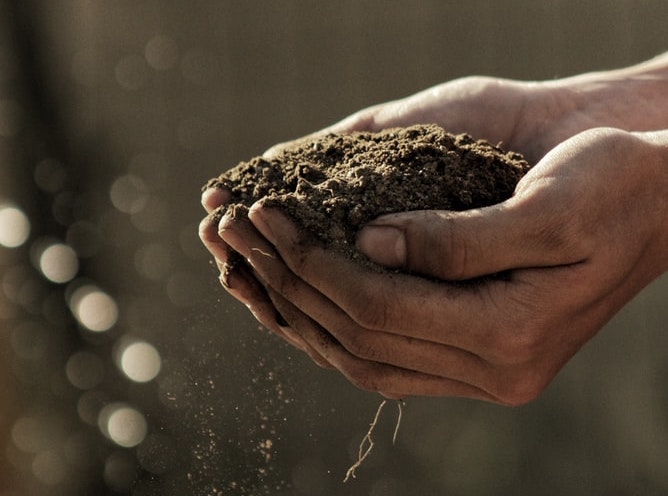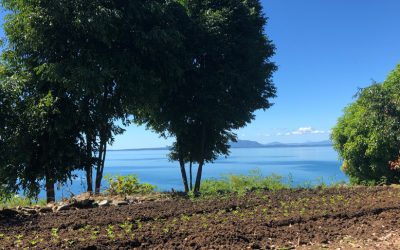The verb “to conserve” (or “to preserve”), derives from the Latin word “conservàre”, composed of the particle cum (with) and the verb servare (save). Just think about how many things in our lives we have preserved, or “saved from time”: objects and toys from when we were little, photographs, but also memories and anecdotes that we have enclosed in our memory. The importance of protecting things or people dear to us has always been a fundamental aspect of the human spirit. Protecting the Earth, the place where not only humankind flourishes, but where all living species do – our common home – should therefore be a necessity. But why are we struggling to do this?
The Earth feeds us, protects us and offers us essential resources. However, human beings are “bleeding it dry” with the unsustainable exploitation of resources, with intensive agriculture and with uncontrolled deforestation. This endangers not only our ability to cope with the climate crisis, but also our living conditions. It is clear that we need to take care of the Earth, its wonderful nature and the resources it offers, just like an ancient relic to which we are attached.
But whose task is it to safeguard our planet? We only have one planet and it is everyone’s task to protect and respect it. The goal, after all, is straightforward: to generate the change that the Earth needs for its survival. We must all get involved, even individual citizens who – together – must become aware of their power as consumers, voters and members of a community that is crying out for a turnaround. We are all important!
Nevertheless, it seems that we have somehow forgotten about this mission. In recent decades, human needs have multiplied, needs that are met every day using non-renewable resources that damage our planet. We have gradually alienated ourselves from nature and sometimes, with its manifestations of impatience towards our actions, it reminds us of our vulnerability.
All human activities that generate waste, emit pollutants into the air and impact biodiversity, if considered individually, may seem insignificant. However, summed up over the Earth’s population, such activities depict a story in which the main character, nature, faces a series of difficult challenges. We should learn from past chapters and try to write better pages, reshaping our needs, educating ourselves to conscious actions and acting at community level. With the awareness that many small virtuous actions can bring benefits to the whole planet, we will finally succeed in changing the plot of our story.
Today, July 28th, is World Conservation Day, a day that offers countless opportunities to reflect on our behaviours, not only as citizens of the world, but also as its guardians. If it is true that individuals recognize in their “home” an extension of themselves, furnishing it, keeping it in order, giving it the value of a sacred refuge, we should then extend this vision to our common home, planet Earth.
Eugenia Naty, Andrea Scialabba, Lorenzo Pezzati
World food safety day
Today is the second anniversary of the World...
A living planet
Today, 22nd May, is the International Day for...
What is the Earth Day?
Wikipedia answers me this way: "Earth Day is the...




